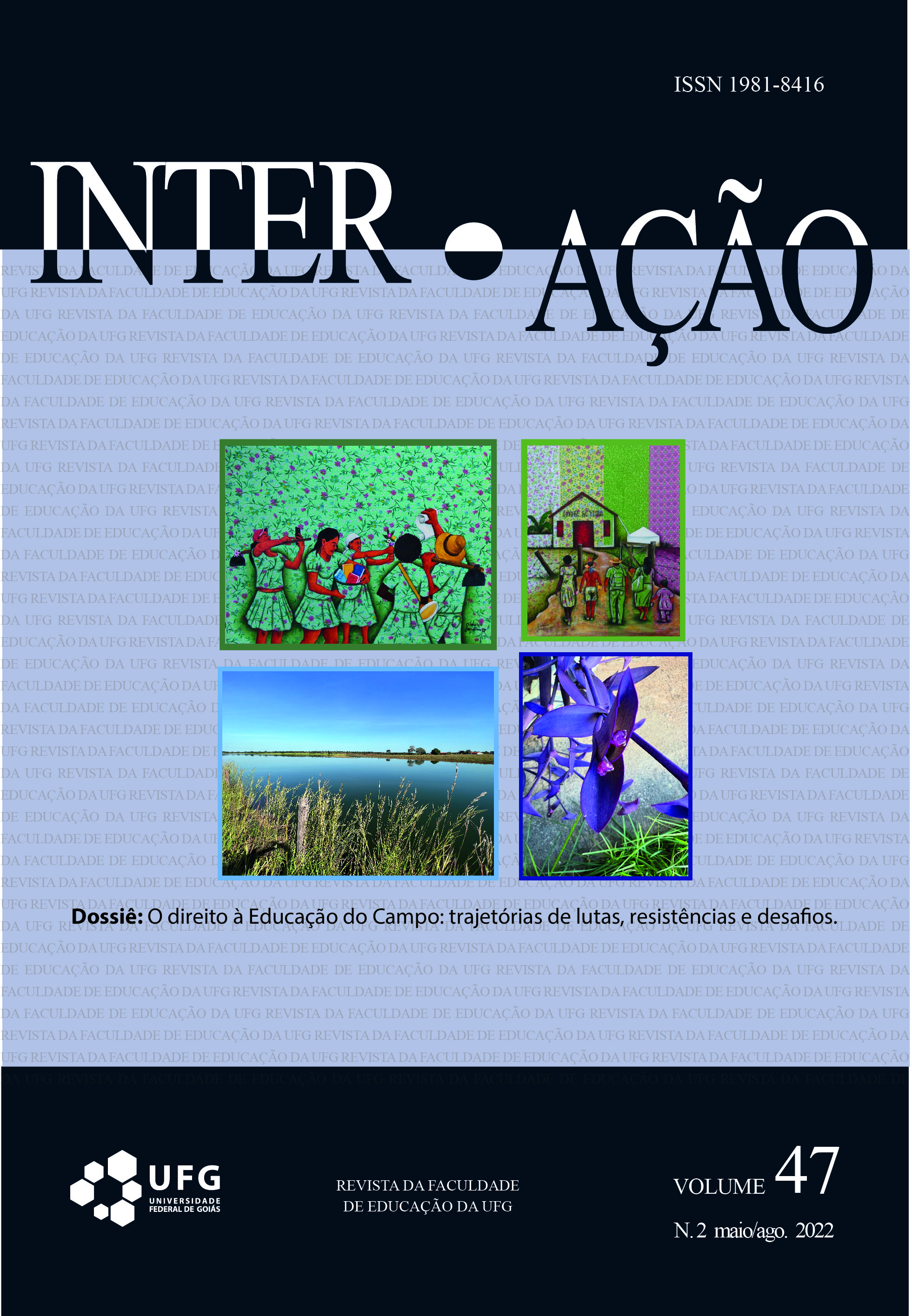THEORIZATION ABOUT THE SOCIAL FUNCTION AND THE MEANING OF THE OUTERDER PUBLIC SCHOOL IN CONTEMPORARY: INTRODUCTORY NOTES
DOI:
https://doi.org/10.5216/ia.v47i2.71411Abstract
This work aims to discuss the social function of the public school in the periphery in contemporary times. We seek to analyze how public schools in peripheral communities can provide the student with the opportunity to seek meaning for their schooling, through critical and reflective teaching. We start from theories about the democratization of public schools in Libâneo (2014), approaching the social function of the school in the light of Freire (1987) and Charlot (2000, 2013). The studies bring us closer to Dubet (1994, 1998), in the discussion about the meaning of schooling of subjects who attend public schools on the periphery, based on experiences and integration strategies. In order to problematize the need to resist an educational system that ideologically seeks to maintain the dominant hegemony.
KEYWORDS: Public School. Social Role. Periphery.
Downloads
Published
How to Cite
Issue
Section
License
Copyright (c) 2022 Gessica Galdino da Silva Pereira, Simone Cabral Marinho dos Santos

This work is licensed under a Creative Commons Attribution-NonCommercial 4.0 International License.
Inter-Ação uses the Creative Commons Attribution 4.0 License for Open Access Journals (Open Archives Initiative - OAI) as the basis for the transfer of rights. Open access means making documents available on the Internet free of charge, so that users can read, download, copy, distribute, print, search, or link to the full text of documents, process them for indexing, use them as input data for software programs, or use them for any other lawful purpose, without financial, legal, or technical barriers.
Authors publishing in this journal agree to the following conditions:
1) Authors retain copyright and grant the journal the right of first publication, with the work simultaneously licensed under the Creative Commons Attribution License, which permits redistribution of the work with attribution and first publication in this journal.
2) Authors are permitted to enter into additional, separate agreements for non-exclusive distribution of the version of the work published in this journal (e.g., for publication in an institutional repository or as a book chapter), with attribution and first publication in this journal.
3) Authors are permitted and encouraged to publish and distribute their work online (e.g. in institutional repositories or on their home page) at any time before or during the editorial process, as this may generate productive changes as well as increase the impact and citation of the published work.















